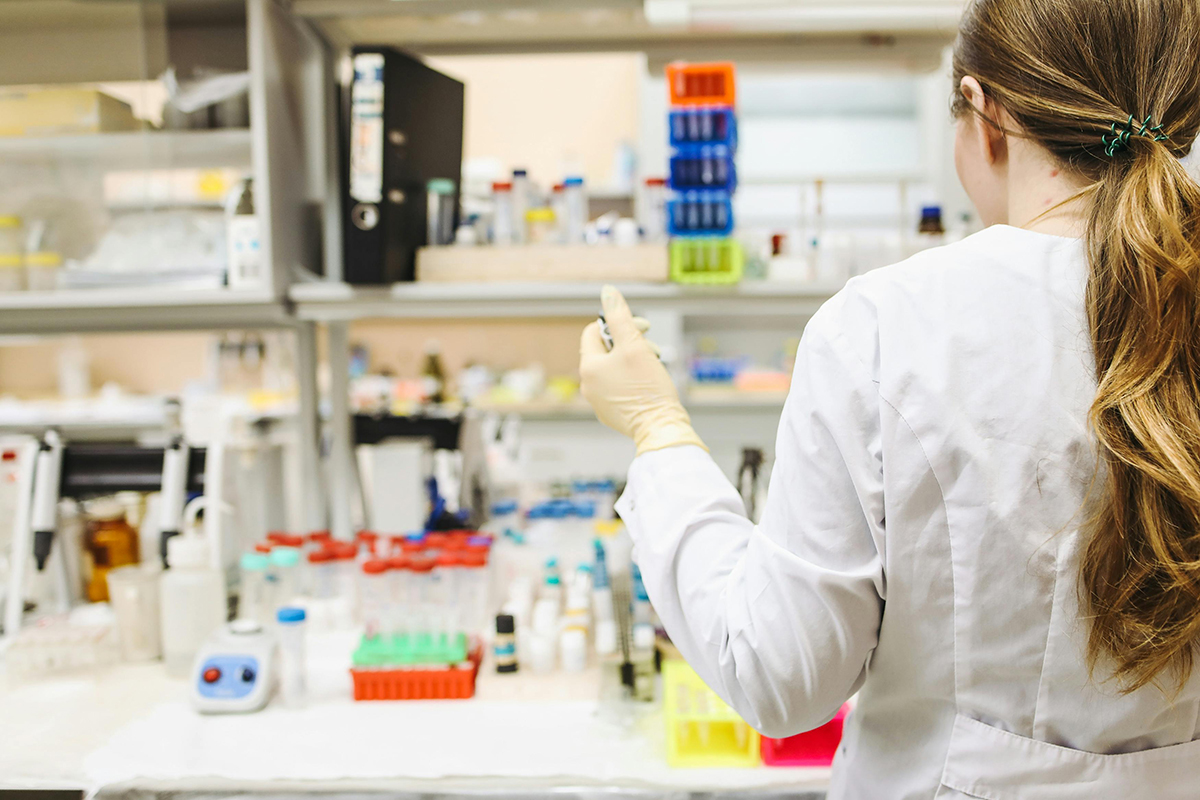The UK bioeconomy by region, part II: the Midlands, the South of England, and Wales – World Bio Market Insights



The UK’s Bioeconomy by Region: Part II
West Midlands
The West Midlands has become a growing hub for biobased research and commercialisation.
In 2019, the University of Warwick, the University of Birmingham, the University of Leicester, Aston University, and Harper Adams University were awarded research studentships worth over £20 million to build on the Midlands’ already significant bio-economy.
The money came from the Biotechnology and Biological Sciences Research Council arm of the Government’s UK Research and Innovation (UKRI) funding organisation and will be matched by the universities in the partnership to fund a total of 245 doctoral students (59 per year) over the next 5 years.
Even before this cash injection, Birmingham City University had a bioresource and bioeconomy research group in place since 2010. It has a special interest in the commercial aspects of biobased technologies, going beyond the technical aspects of biomaterials and chemicals to study consumer behaviours relating to them as well as the economics of biobased manufacturing.
It’s not just in research and development where the West Midlands is trying to move the needle on biobased solutions. The West Midlands Combined Authority, which has powers over development and regeneration, has been actively trying to kickstart circular and biobased solutions in supply chains throughout the region.
The authority published a Circular Economy Roadmap in September 2021 that laid out how the circular biobased economy could help meet its aim of reaching net zero carbon emissions by 2041, focusing on three sectors known for their high carbon and waste footprints: manufacturing, construction, and food.
The report zeroed in on the key problem of feedstock in scaling sustainable biobased supply chains, proposing to build a regional network of business-to-business material exchanges that matches producers of waste with potential users. It is now trying to attract investment to implement this sustainable feedstock supply system.
East Midlands
According to Capital Economics, TBR and the Office for National Statistics, the East Midlands has the second-highest share of regional employment supported by bioeconomy activities in the UK, tied with Scotland.
Most of the existing bioeconomy in the East Midlands lies in upstream agricultural production. Its huge agricultural output means this region is one of those gaining the most economic value from biobased activities: its gross value added from upstream bioeconomy activities as a share of the total regional gross value is the second highest in the country.
However, research into biobased innovation is also happening in the region. The University of Nottingham and Loughborough University are centres of biobased innovation and are also responsible for delivering the East Midlands Zero Carbon Cluster. This is a project designed to translate new green tech research into usable solutions in the private and public sectors. It received £150 million in investment in November 2023 and aimed to create new jobs through seven planned regional projects.
Under the Zero Carbon Cluster, the two universities bring together researchers from multiple disciplines to generate green technologies applicable to many sectors, from local councils to industrial players. The University of Nottingham, for example, recently developed a method for converting carbon dioxide into the biofuel methanol using sunlight and a novel catalyst – a process inspired by the way plants photosynthesise.
East of England
The east of England covers Norfolk, Suffolk, and the wider east, a region famous for its extensive marshes and peatland. These dwindling and precious habitats are now the subject of various projects to set up sustainable and regenerative bioeconomies that raise regional income while revising the areas’ natural biodiversity and carbon storage potential.
These include schemes for rewetting peatlands (a plan to cut back emissions released by these habitats when they are drained and converted into farmland) and setting up traditional industries for textiles and construction materials based on species that grow naturally in these environments.
Another major bioeconomy strength in the east is agritech research thanks to the Earlham Institute, Norwich. There, the Nicola Patron Group is studying how genetic modification could allow us to harvest valuable chemicals from the UK species of a plant group called Asteraceae.
Within the institute, the John Innes Centre is another internationally recognised centre of plant science, genetics, and microbiology research. One John Innes research group known as the Cathie Martin Group at the John Innes Centre is studying biofortification and plant metabolic engineering, ways of improving the nutrition of staple crops for human health and coming up with plant varieties rich in health benefits that could be the base of superfood supplements.
The east is also home to the University of Cambridge and the biobased spinoffs and startups located nearby. The university’s strong life sciences culture is largely responsible for why the east of England contained around a third of all synthetic biology companies in the UK in a survey conducted in 2019.
Xampla is one of them, producing a plant-based range of plastic substitutes. These materials are not plastics despite offering strength, flexibility, and transparency, with a chemical structure that makes them safe and naturally biodegradable, unlike many plant-based bioplastics.
At the university itself, the Centre for Natural Material Innovation within the architecture department is a hotbed of biomaterial experimentation. Researchers like Darshil Shah have looked at how hemp could help construction lower its carbon emissions. Shah has also worked on how to re-engineer wood, bamboo and other natural fibres to enhance their properties for various construction applications.
Wales
Compared to Scotland or certain regions in England, the development of biobased industries is yet to become a key policy response to problems of rural underdevelopment and environmental targets.
Nonetheless, biotech is important to the Welsh economy, employing over 11,000 people in more than 365 companies. As a result, there are now several impressive startups which offer digital services relevant to health and industrial biotech as well as agriculture.
One of these is Agxio from Aberystwyth, founded in 2018. The company has developed an AI platform for analysing data across industries that use bio-resources such as biotech and agriculture, helping achieve faster, more effective product development.
One of their services includes sped-up drug design and discovery. In agriculture, machine learning can be trained on sensor data about livestock or crop health, helping farmers identify factors that may be bringing down yields.
Then there is Copner Biotech, established in 2020. The biotech company, based in Ebbw Vale, offers a range of technologies and services to support 3D cell culture and bioprinting.
South West of England
The South West leads the UK for the share of regional employment supported by the bioeconomy, according to Capital Economics, TBR and the Office for National Statistics. At the high-value end, the biotech sector is expanding in the Southwest’s urban centres of Bristol, Bath, Exeter, and Plymouth, particularly in biopharmaceuticals.
These cities are host to many industrial biotech companies working with cutting-edge biomass feedstocks. Bristol is the home of Kelpi, which is developing seaweed-based packaging alternatives to plastics, as well as the R&D centre of Mykor, a mycelium construction company. Nearby the major centres of Bath and Bristol in Malmesbury is Naturbeads, developing biodegradable replacements for plastic microbeads.
A major international research stream that the region is now part of through the University of Bath is Horizon Europe’s ‘Inbuilt’, which aims to develop and demonstrate 10 natural and biobased building materials. The university’s Department of Architecture and Civil Engineering is one of 16 partners involved in the project, which will last for the next four years.
South East of England
Historically, the South East and especially London has taken the lion’s share of investment into high-value tech sectors and research, including in biobased innovation and the life sciences.
Despite growing recognition for sustainable industries to drive economic development around the UK, the capital and its environs will remain important for higher-value biobased sectors.
Possibly the most famous of London’s recent biobased startups is Notpla, which is developing algal packaging replacements for single-use plastics. There is also Biophilica, creating 100% biobased materials for a wide range of industries to replace leather and plastics. Arda Biomaterials is focused on using waste feedstock from breweries to make high-value consumer goods.
Regional efforts need national policy
At the moment, sustained public interest in biobased industries in the UK is mostly concentrated in regional pockets, especially in rural areas where authorities are using them to support climate mitigation policies whilst driving up local economic growth. There are also many regional associations and businesses recognising the economic and ecological potential of building out bio-based supply chains.
Regional authorities and businesses understand their local area, making them a vital piece of scaling the bioeconomy. Interventions at a sub-national scale can be a bulwark against the homogenising tendencies of national policy, which risks papering over differences in capacity, human resources, and local needs.
Yet to maximise scaling and to connect biobased industries rigorously to environmental targets, national-level support and strategy are still needed.
The UK still does not have a national strategy to boost renewable manufacturing, after withdrawing a draft Bioeconomy Strategy in 2019. This has left it behind bigger players like the US, Brazil, and China, all in the process of implementing national plans for biobased industries. To maximise and coordinate regional initiatives, the national government will have to reformulate a policy pathway towards a sustainable bioeconomy.
Source: worldbiomarketinsights.com








